Khabar Khair (Only Good News)
Yemen’s conflict – now in its seventh year – has created what the UN says is one of the world’s worst humanitarian crises. This in a country already ravaged by political upheavals, economic instability, and a fragile healthcare system.
The absence of a specialised medical centre to control infectious diseases in Hodeidah has had huge ramifications. Medical statistics issued by Al-Thawrah Hospital show that between November 2019 and March 2020, the hospital had over 5,200 infectious disease cases, with more than 50 deaths. Sadly, children were the most vulnerable with a death rate of 70 per cent. With no dedicated centre, the infectious patients were housed in the main hospital, resulting in overcrowding and adding to the risk of further outbreaks – a situation only made worse by COVID-19.
The new centre has been equipped with modern medical oxygen systems as well as an air purification and decontamination system to reduce the transmission of infections. Expected to receive around 120 patients daily, it will provide emergency medical and pharmacy services, and it has its own mortuary.
The centre’s focus is on quick diagnosis – another tool in the fight against infectious diseases and essential in curbing the spread of COVID-19. Professor Dr. Muhammad Al-Kamrani, the Scientific Medical and Epidemiological Advisor at the Centre for Tropical Medicine and Infectious Diseases at the hospital, says: “The centre facilitates the diagnosis and treatment of infectious and epidemic diseases since it enables us to take an evidence-based, therapeutic approach to diagnoses. This will contribute to reducing the mortality rate associated with infectious and epidemic diseases.”
But opening a centre to specifically handle infectious diseases is not enough. Prevention and the raising of community awareness is essential to the fight as well. Using an outbreak of diphtheria that began at the end of 2017 as an example, Dr. Al-Kamrani explains how treatment and prevention are key to the fight against infectious diseases. Cases in the city peaked at a recorded 319 in 2019 but with the intervention of medical immunisation campaigns, it dropped to 167 in 2020 with fewer people dying from these diseases today. “The mortality rate associated with infectious diseases has dropped by 47 per cent compared to other diseases, which is a huge figure,” says Dr. Al-Kamrani. “The new centre will help us control the transmission of infections and contribute to saving patients’ lives.”
Al-Kamrani explained that 26 of the health staff working at the centre were trained in partnership with academic and medical authorities to help control infectious diseases. The centre relies on upon an effective treatment guide and a model treatment plan of managing patients from admission to discharge.
Additionally, the protection of medical professionals when treating infectious diseases is key – something that COVID-19 has highlighted. The centre is equipped with modern preventive means and has a specialised Isolation Unit that helps protect doctors from exposure.

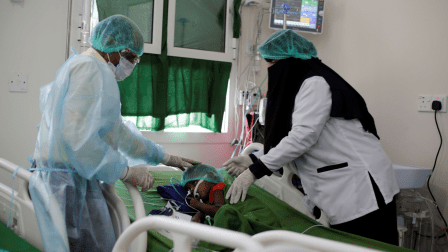
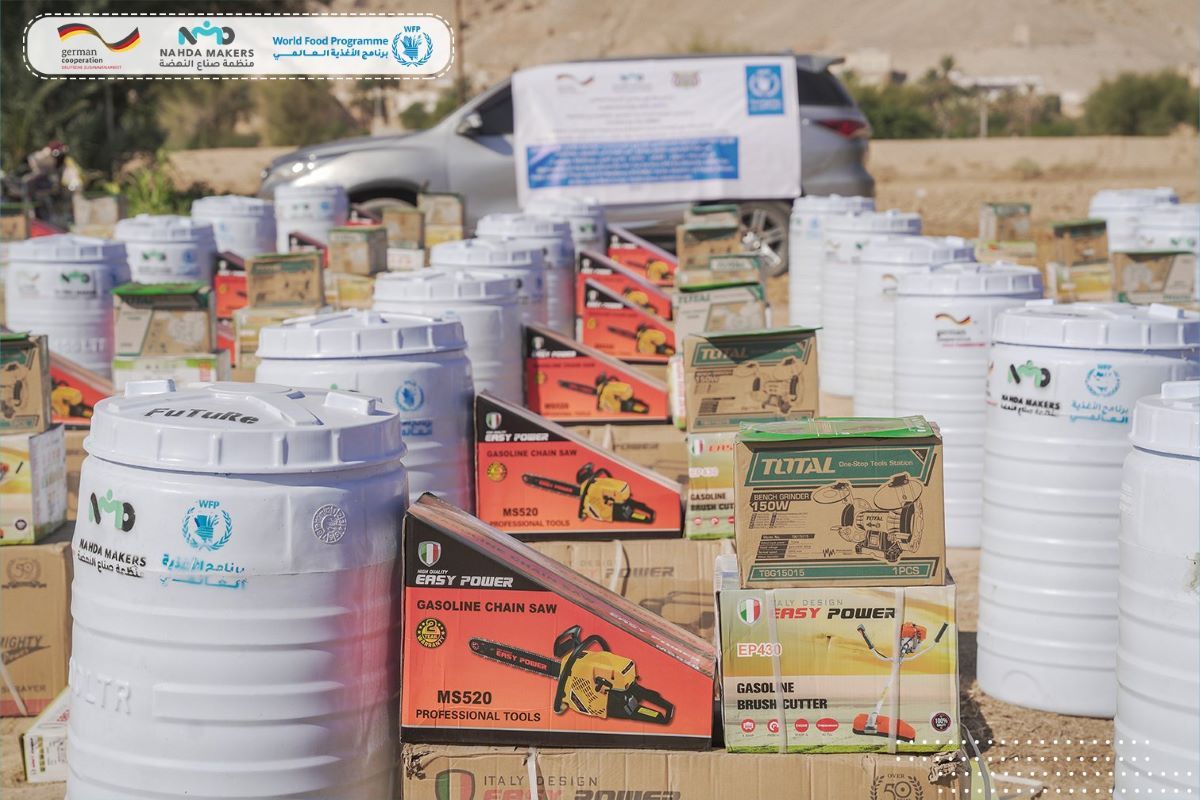
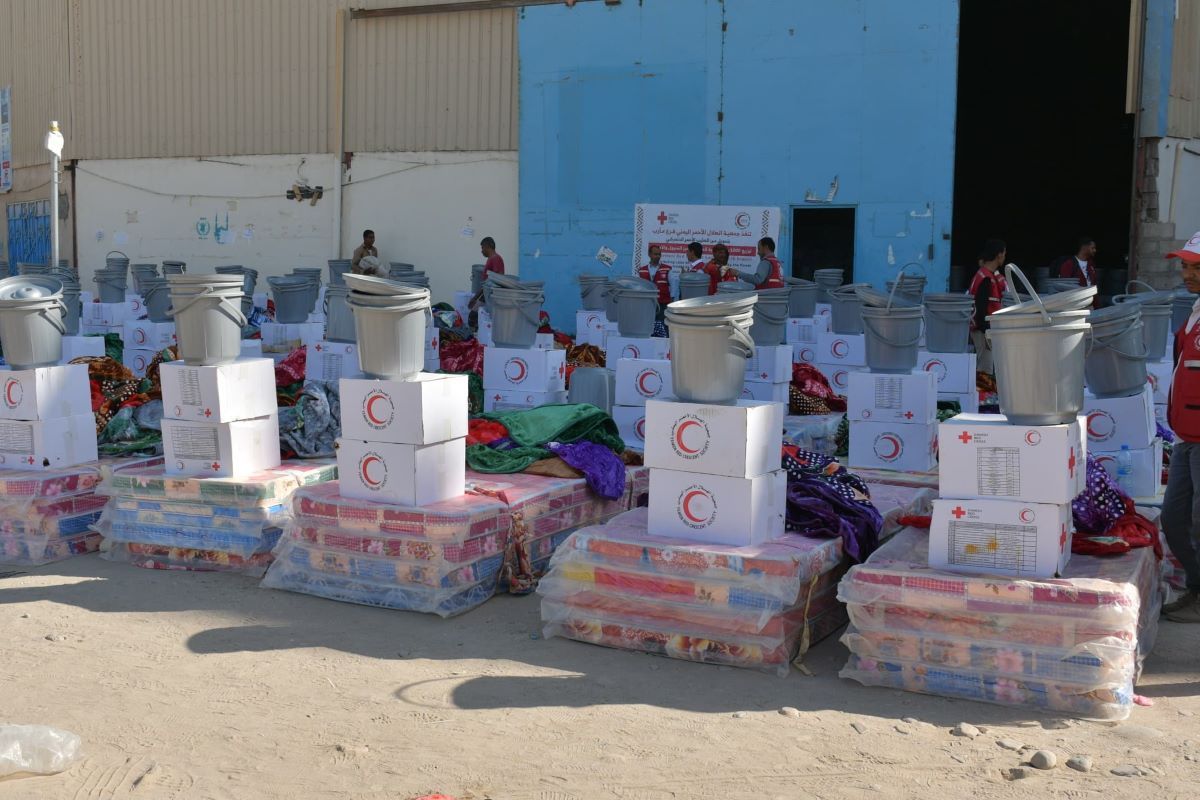

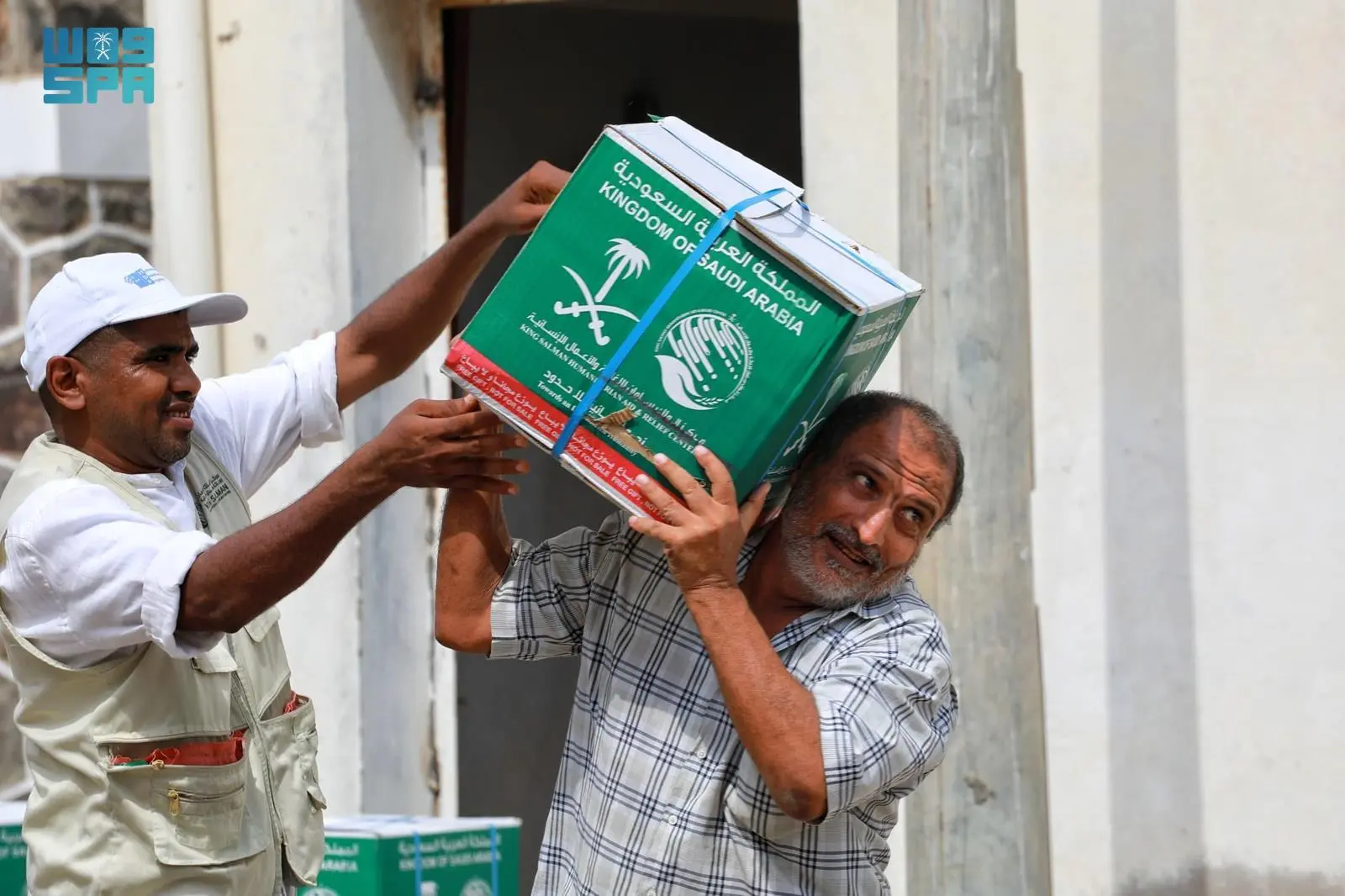
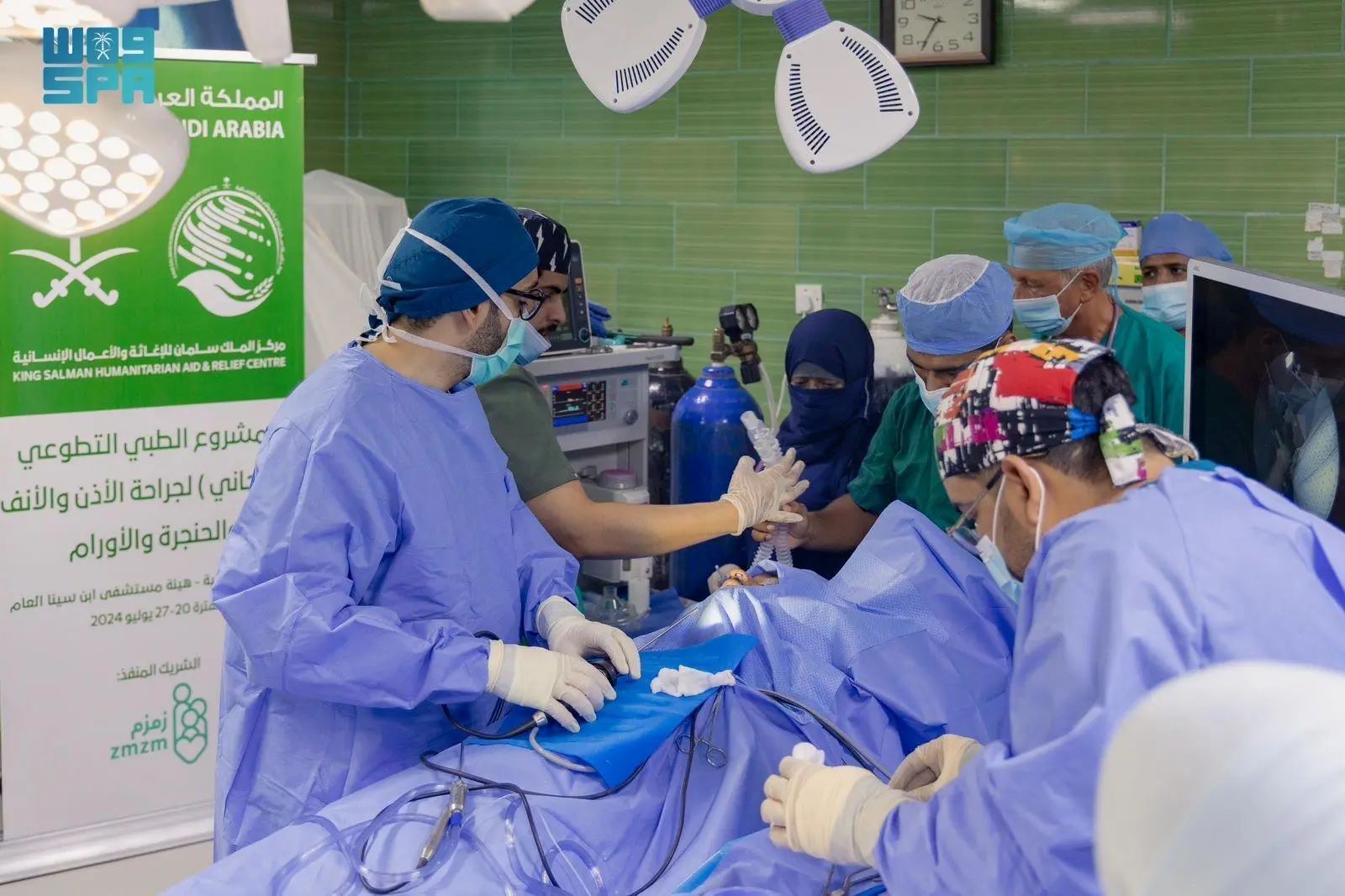
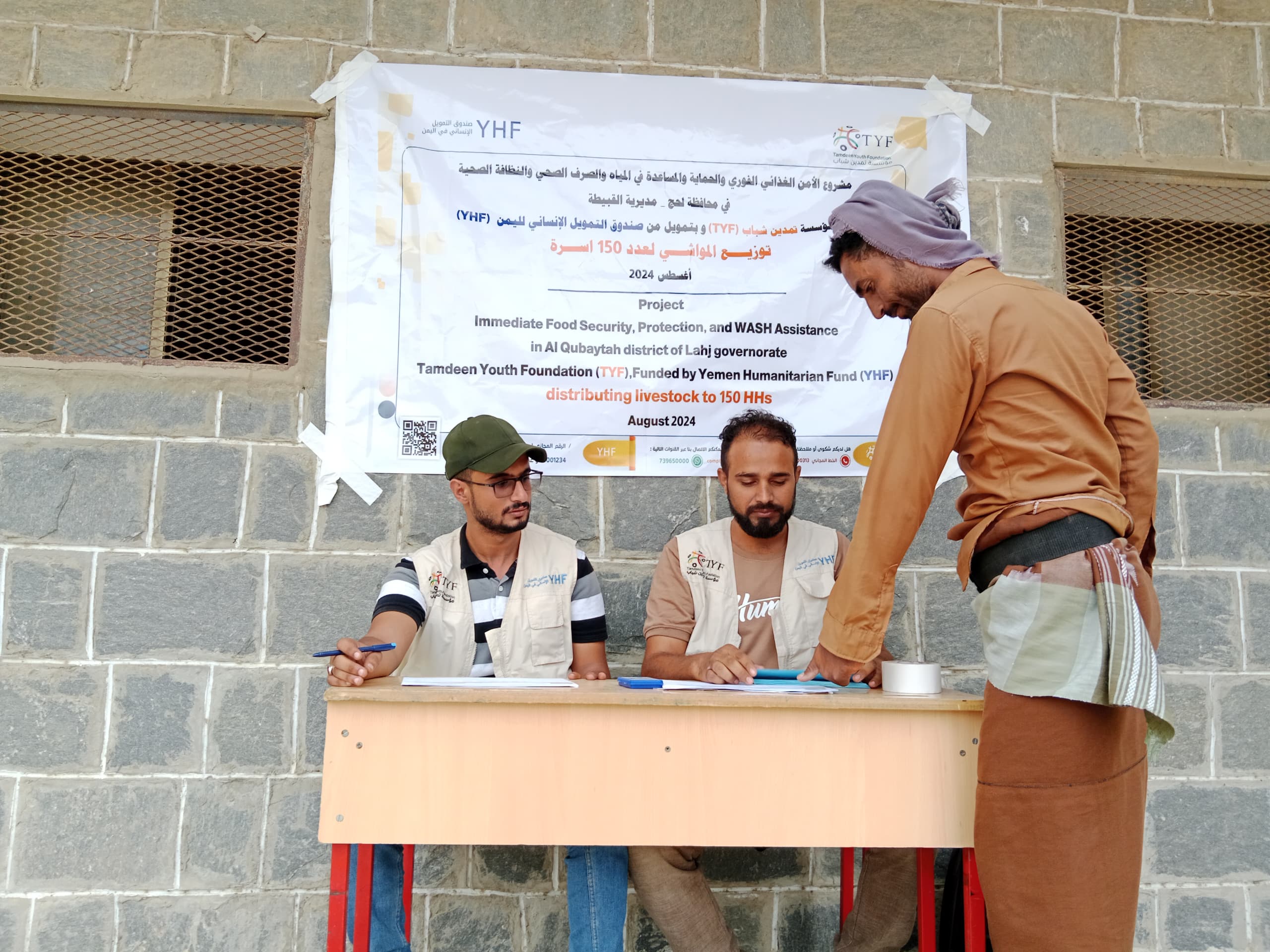

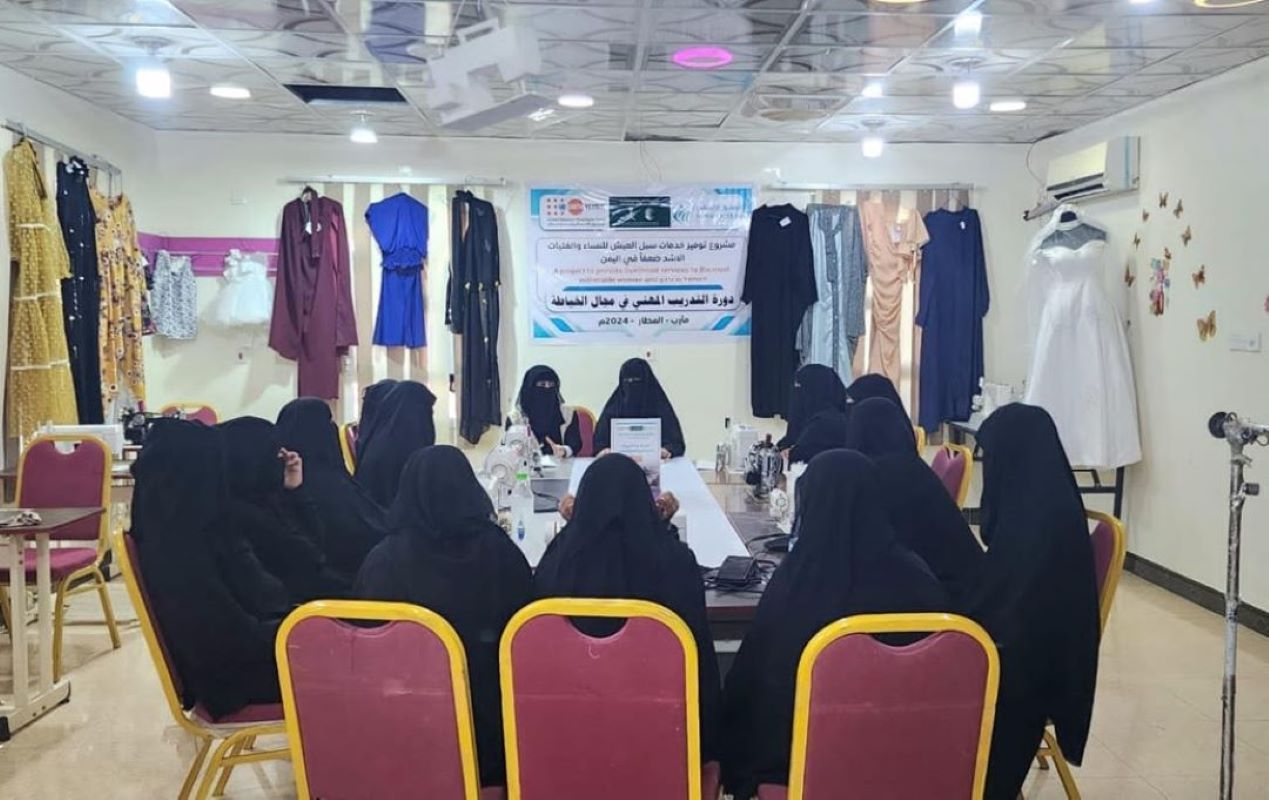

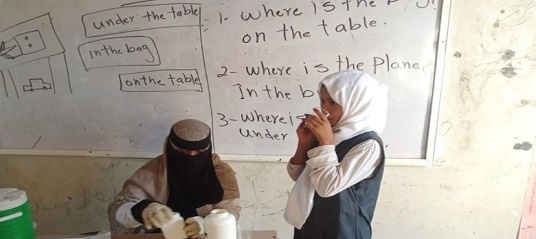
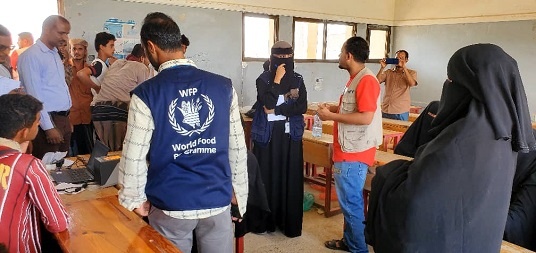
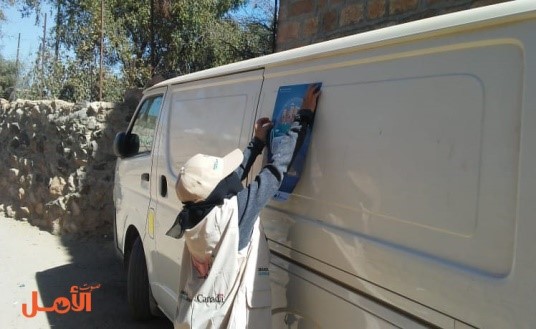
LEAVE A COMMENT